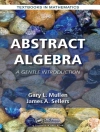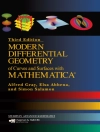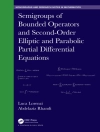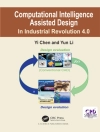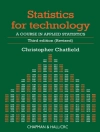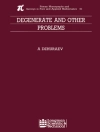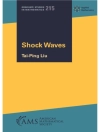Problems in decision making and in other areas such as pattern recogni- tion, control, structural engineering etc. involve numerous aspects of uncertainty. Additional vagueness is introduced as models become more complex but not necessarily more meaningful by the added details. During the last two decades one has become more and more aware of the fact that not all this uncertainty is of stochastic (random) cha- racter and that, therefore, it can not be modelled appropriately by probability theory. This becomes the more obvious the more we want to represent formally human knowledge. As far as uncertain data are concerned, we have neither instru- ments nor reasoning at our disposal as well defined and unquestionable as those used in the probability theory. This almost infallible do- main is the result of a tremendous work by the whole scientific world. But when measures are dubious, bad or no longer possible and when we really have to make use of the richness of human reasoning in its variety, then the theories dealing with the treatment of uncertainty, some quite new and other ones older, provide the required complement, and fill in the gap left in the field of knowledge representation. Nowadays, various theories are widely used: fuzzy sets, belief function, the convenient associations between probability and fuzzines~ etc *** We are more and more in need of a wide range of instruments and theories to build models that are more and more adapted to the most complex systems.
Andre Jones & Arnold Kaufmann
Fuzzy Sets Theory and Applications [PDF ebook]
Fuzzy Sets Theory and Applications [PDF ebook]
Köp den här e-boken och få 1 till GRATIS!
Språk Engelska ● Formatera PDF ● ISBN 9789400946828 ● Redaktör Andre Jones & Arnold Kaufmann ● Utgivare Springer Netherlands ● Publicerad 2012 ● Nedladdningsbara 3 gånger ● Valuta EUR ● ID 4592178 ● Kopieringsskydd Adobe DRM
Kräver en DRM-kapabel e-läsare


